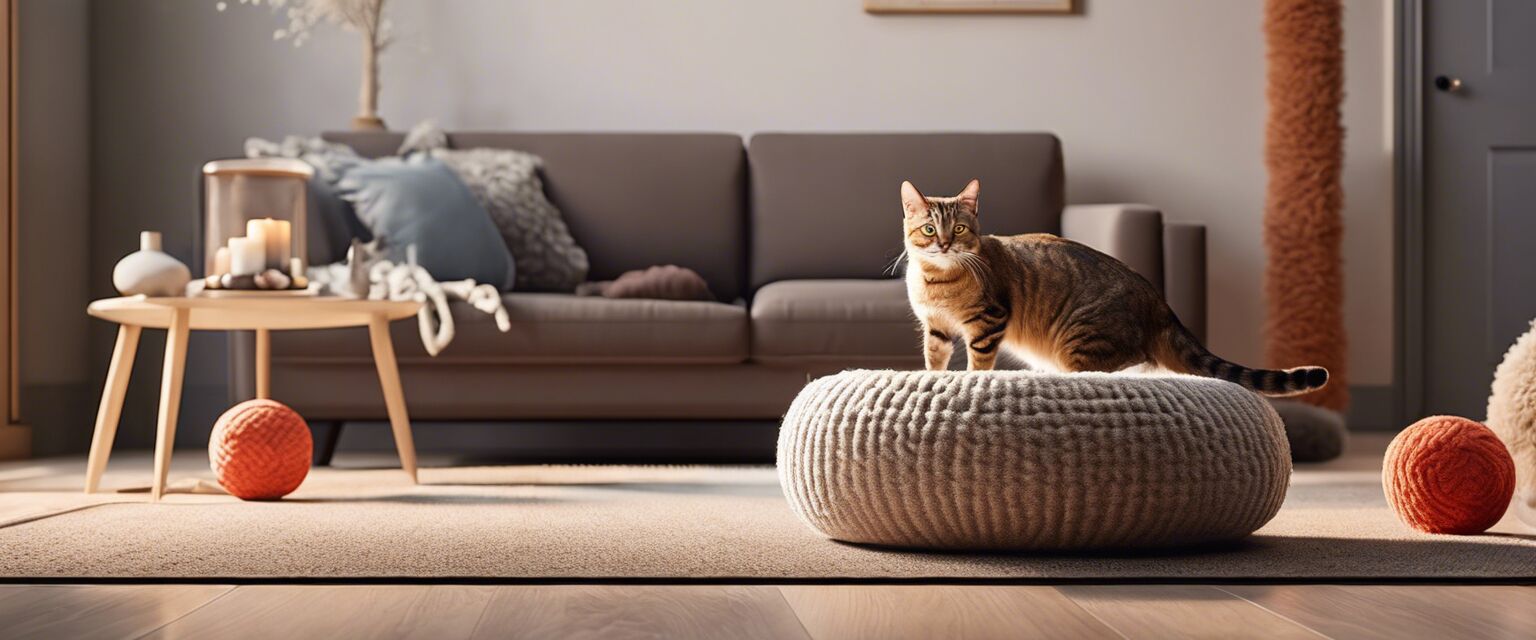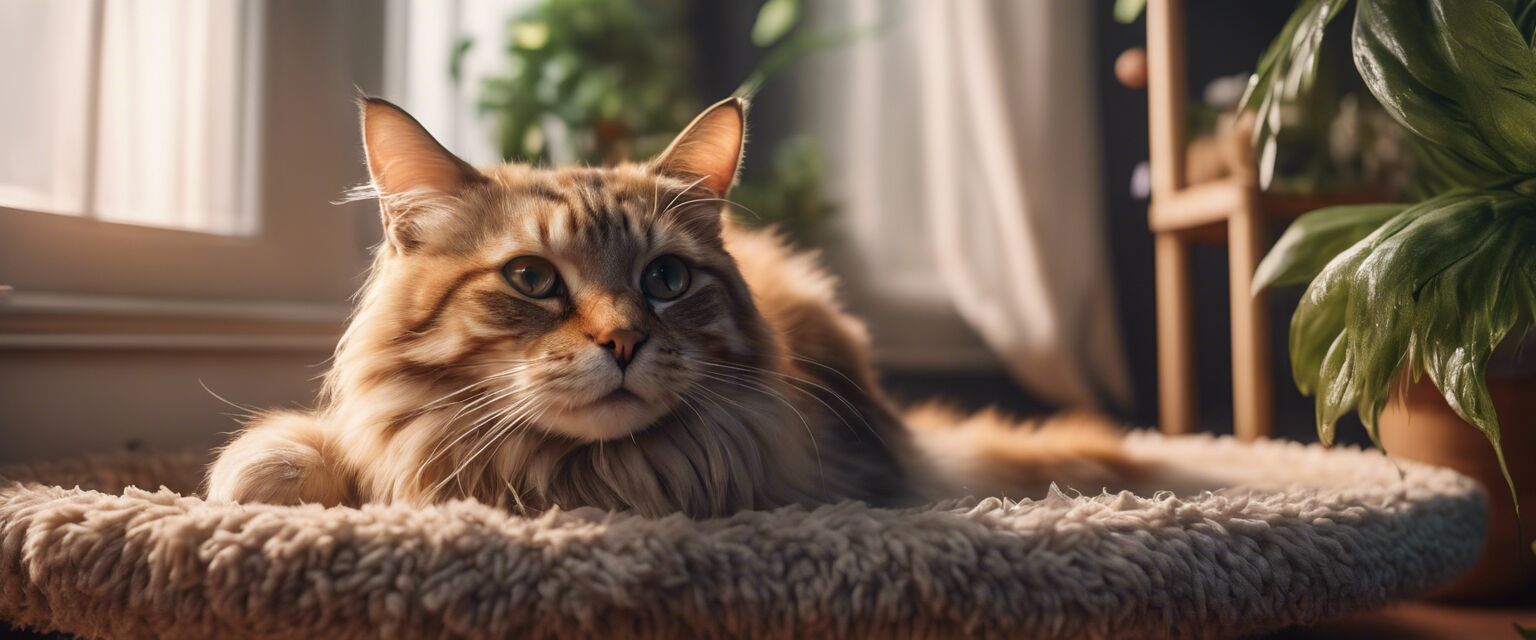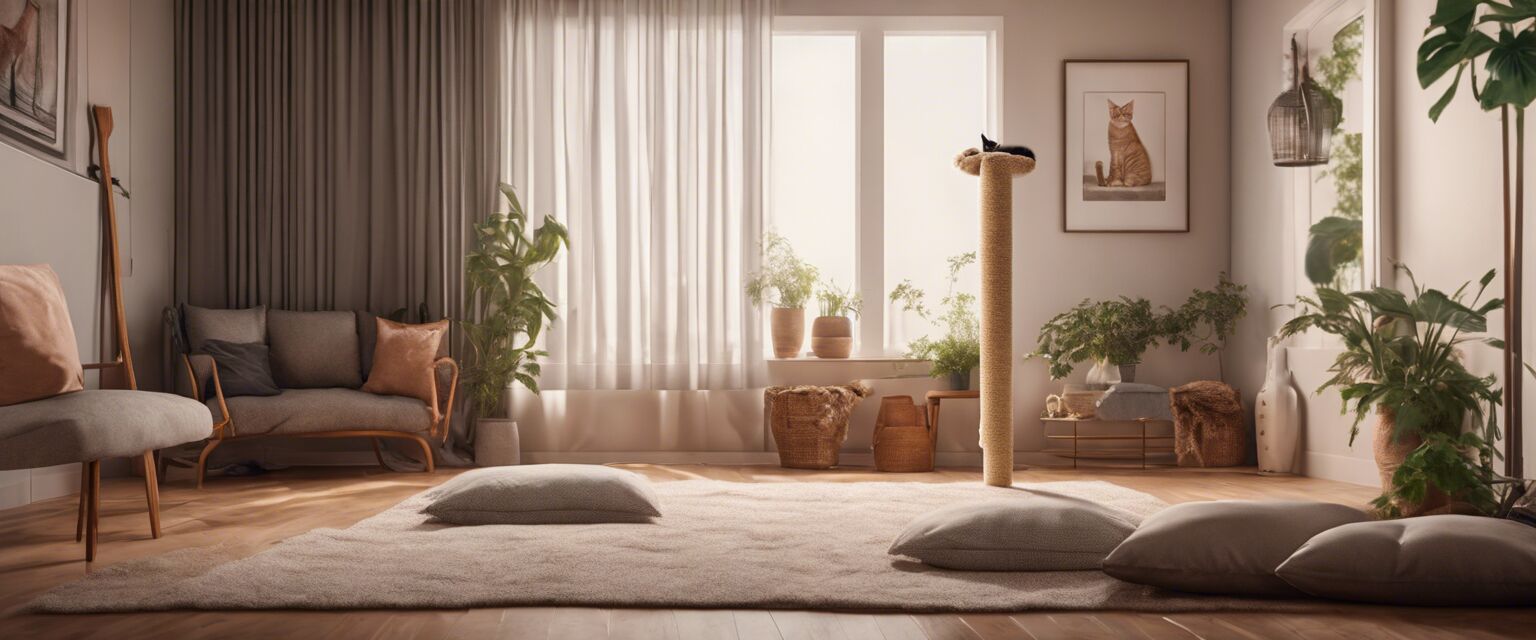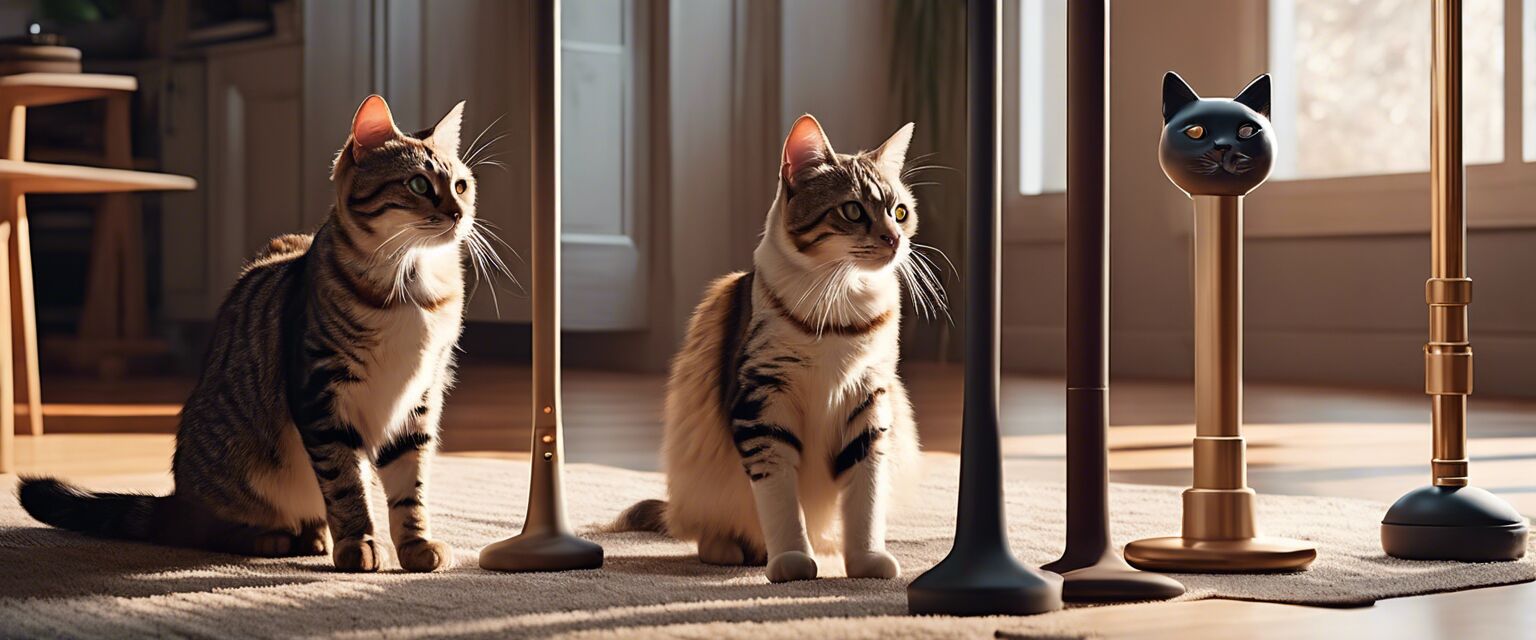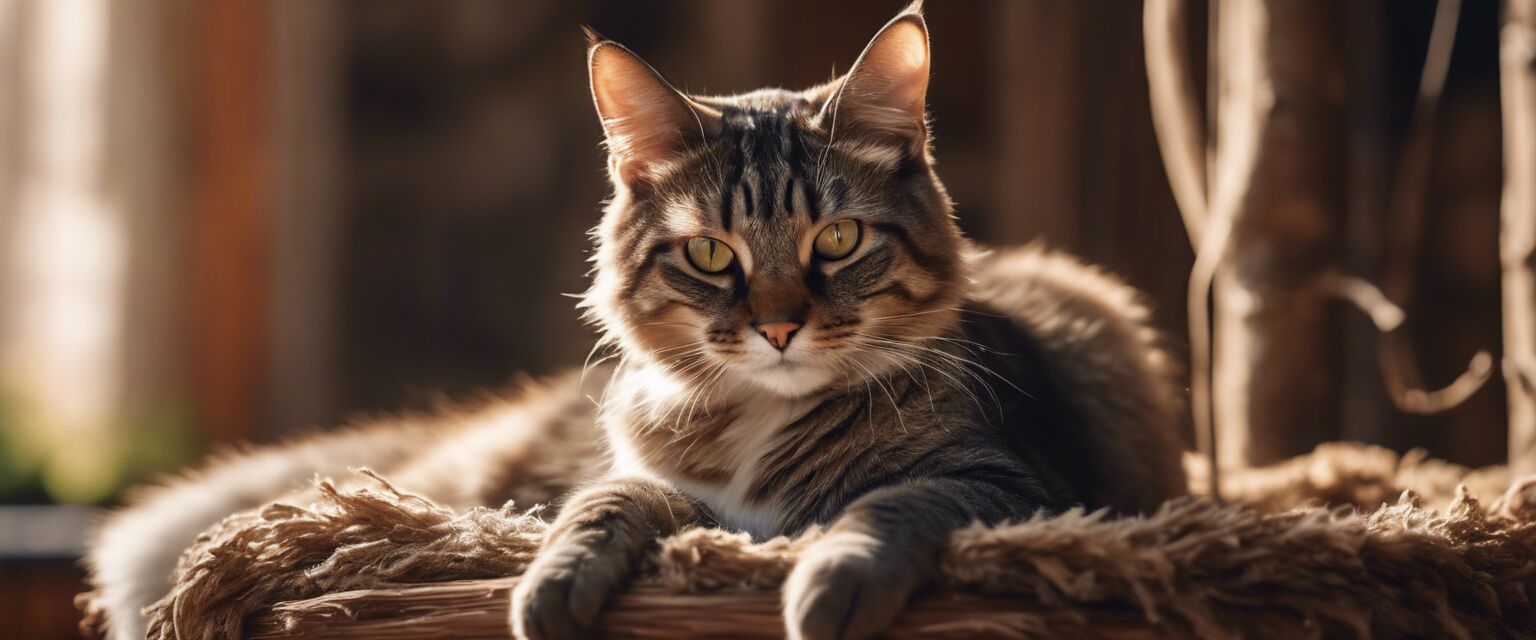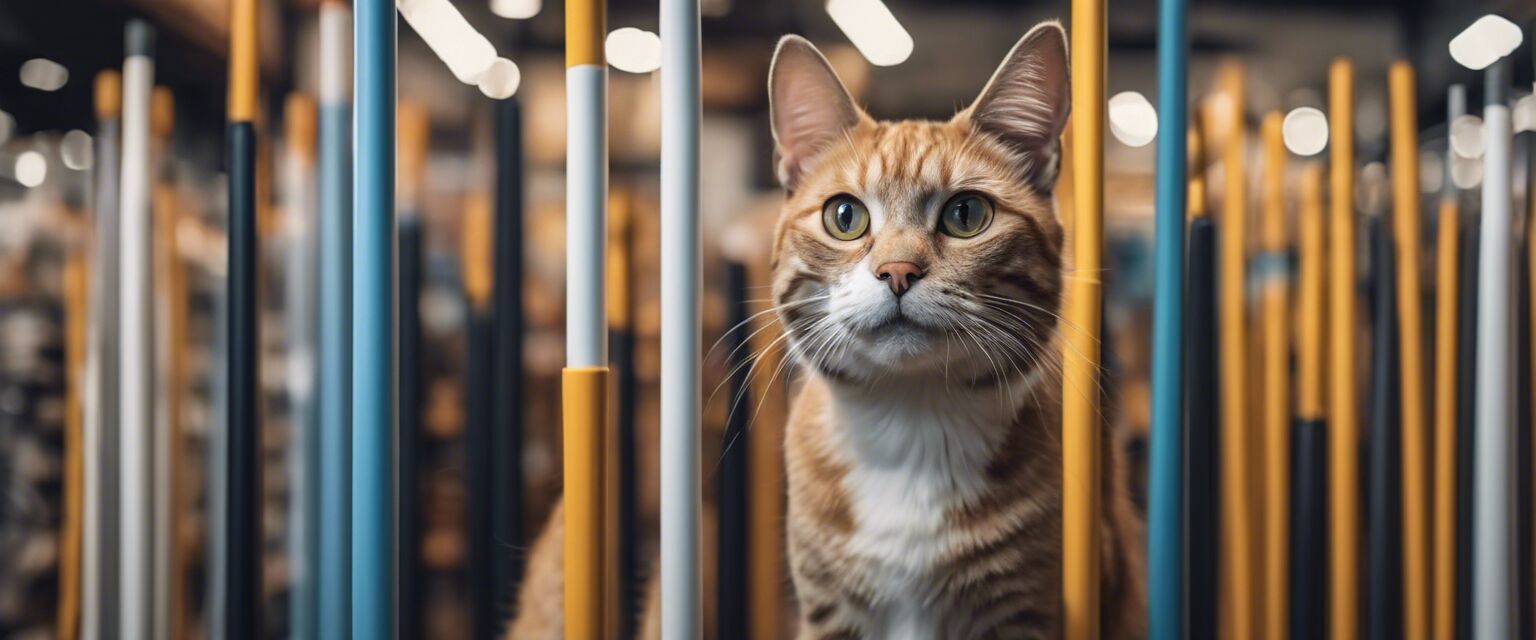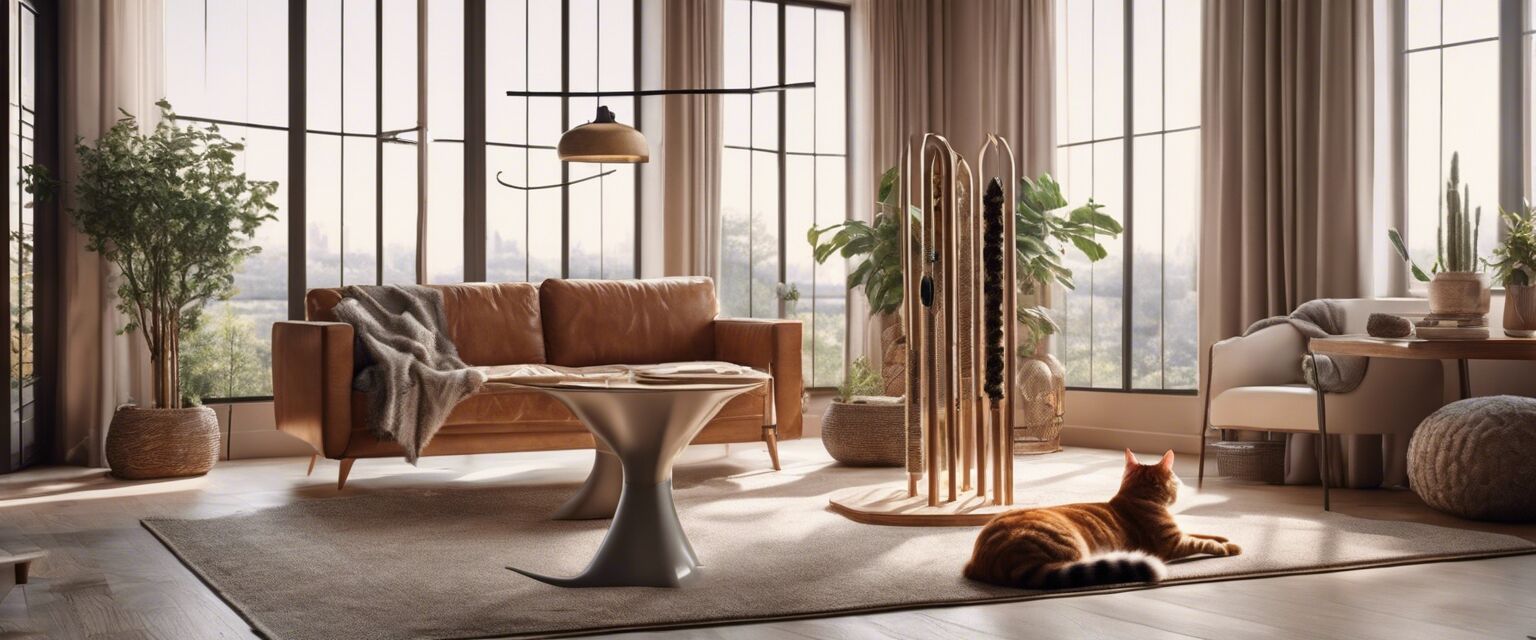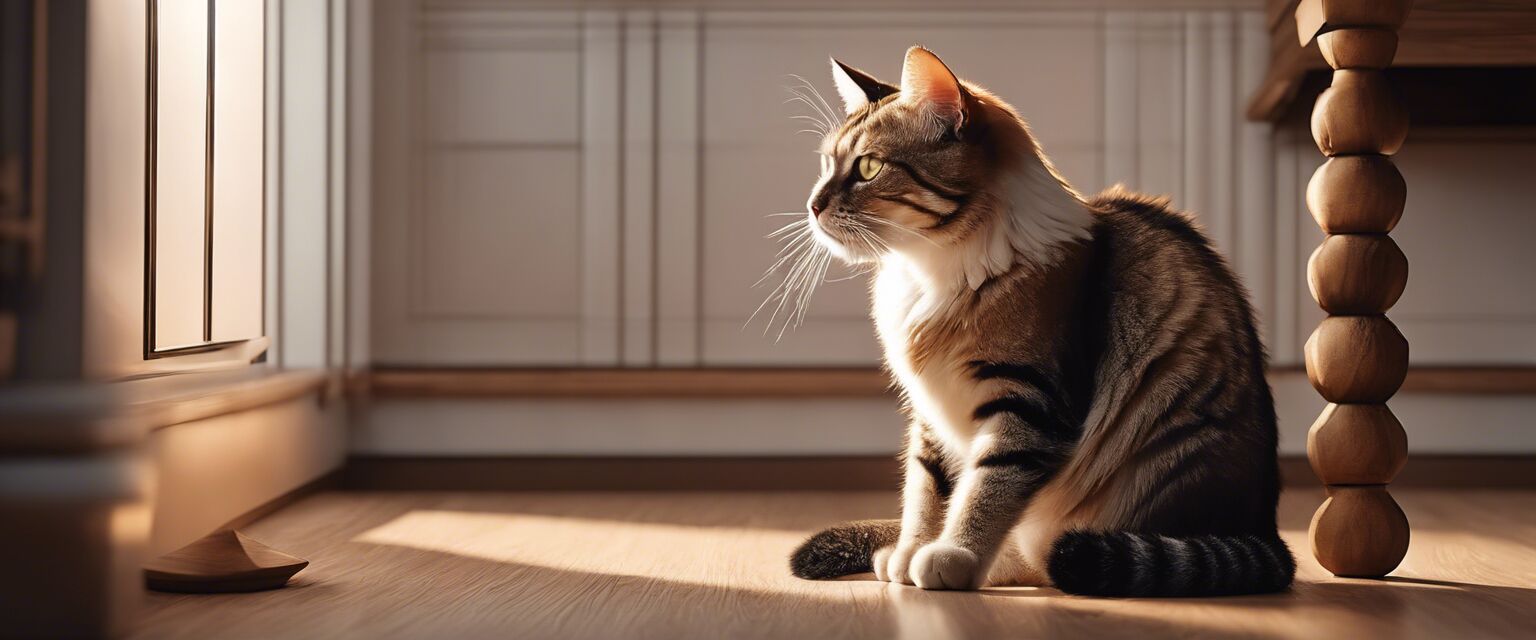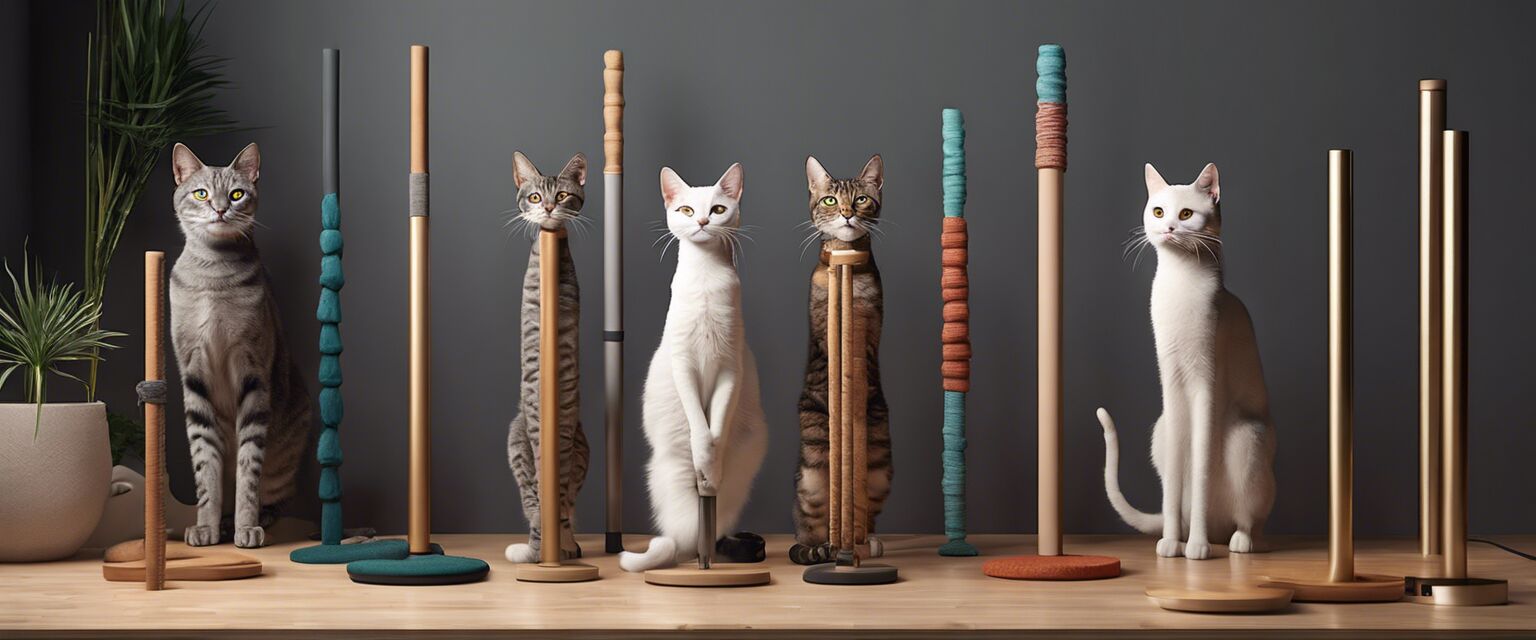
Cat Pole Materials and Durability
Choosing the right cat pole can be a game-changer for cat owners. Understanding the materials used in cat poles and their durability is essential for making an informed decision. In this article, we'll explore the various materials commonly used in cat poles, their pros and cons, and how they hold up over time.
- Different materials offer varying levels of durability.
- Consider your cat's behavior when selecting a cat pole.
- Eco-friendly options are available for environmentally conscious pet owners.
- Regular maintenance can enhance the lifespan of your cat pole.
Common Materials Used in Cat Poles
Cat poles are constructed from a variety of materials. Hereâs a breakdown of the most common materials and their characteristics:
| Material | Durability | Pros | Cons |
|---|---|---|---|
| Wood | High | Sturdy and long-lasting | Can be heavy and expensive |
| Particleboard | Medium | Cost-effective and lightweight | Less durable than solid wood |
| Carpet | Medium | Soft texture; provides comfort for cats | Can wear out quickly |
| Sisal Rope | High | Durable scratching surface | Can unravel if not properly secured |
| Plastic | Low to Medium | Lightweight and easy to clean | Less sturdy; can break easily |
Understanding Durability in Cat Poles
Durability is a key factor when selecting a cat pole. It not only affects the lifespan of the product but also ensures that your cat can safely enjoy it. Hereâs a more detailed look at how different materials stand up over time:
Wood
Wooden cat poles are known for their durability. They can withstand scratching and climbing, making them a favorite among active cats. However, the quality of the wood can vary, so itâs important to check for solid construction.
Particleboard
While particleboard is more affordable, it tends to wear out faster than solid wood. If you have a less active cat, this might be a suitable option, but for more playful cats, it may not hold up as well.
Carpet
Carpet is often used on the surface of cat poles. It provides a comfortable area for cats to lounge on but may lose its texture and color over time due to wear. Regular cleaning can help maintain its appearance.
Sisal Rope
Sisal rope is an excellent choice for scratching posts. Its durability allows cats to scratch without damaging the pole. However, ensure that the rope is tightly secured to prevent unraveling.
Plastic
Plastic cat poles are lightweight but are often less durable. They can be a good option for kittens or smaller cats but may not withstand the weight of larger cats or rough play.
Factors Affecting Durability
Several factors can influence the durability of a cat pole:
- Cat Behavior: Active cats will wear down a pole faster than more sedentary cats.
- Quality of Materials: Higher-quality materials generally offer better durability.
- Maintenance: Regular cleaning and inspections can prolong the life of your cat pole.
- Usage: How often the cat uses the pole will also impact its lifespan.
Tips for Maintaining Your Cat Pole
- Regularly inspect for loose parts or damage.
- Clean the surface with a pet-safe cleaner to remove fur and dirt.
- Resecure any sisal rope that may be unraveling.
- Consider relocating the cat pole if it's being neglected.
- Replace any worn-out materials promptly to ensure safety.
Eco-Friendly Options
For those interested in sustainable choices, eco-friendly cat poles are becoming increasingly popular. These poles are often made from recycled materials or sustainably sourced wood. Here are some eco-friendly materials to consider:
| Material | Sustainability | Durability |
|---|---|---|
| Bamboo | Highly sustainable | Very durable |
| Recycled Plastic | Moderately sustainable | Varies by quality |
| Natural Fiber | Eco-friendly | Durable but can wear down |
Conclusion
Understanding the materials used in cat poles and their durability is crucial for making a well-informed purchase. Whether you opt for wood, carpet, or eco-friendly options, selecting the right cat pole can enhance your catâs environment and provide them with a safe and enjoyable space.
Pros
- Variety of materials to suit different needs.
- Durability ensures long-term use.
- Eco-friendly options available.
- Enhances your cat's environment.
Cons
- Some materials can be expensive.
- Durability varies by material and manufacturer.
- Active cats may wear down certain types faster.
For more information on specific types of cat poles, check out our categories:
